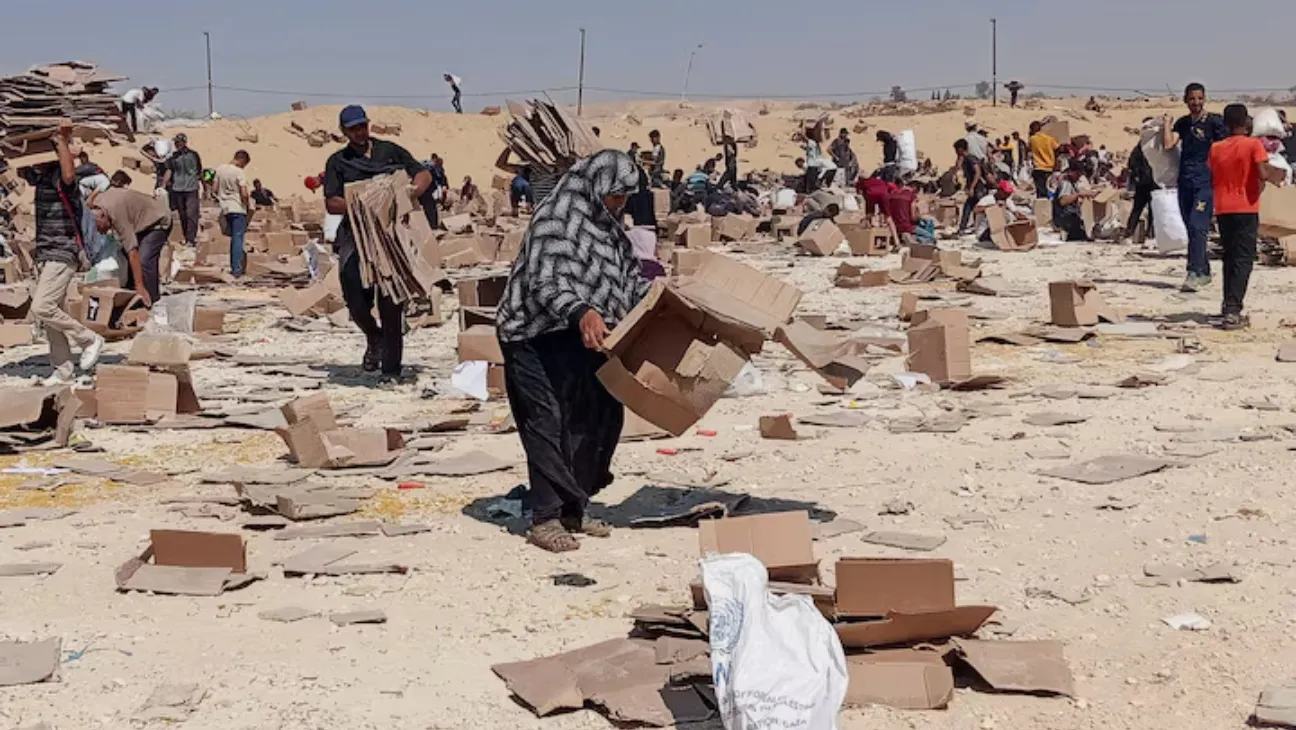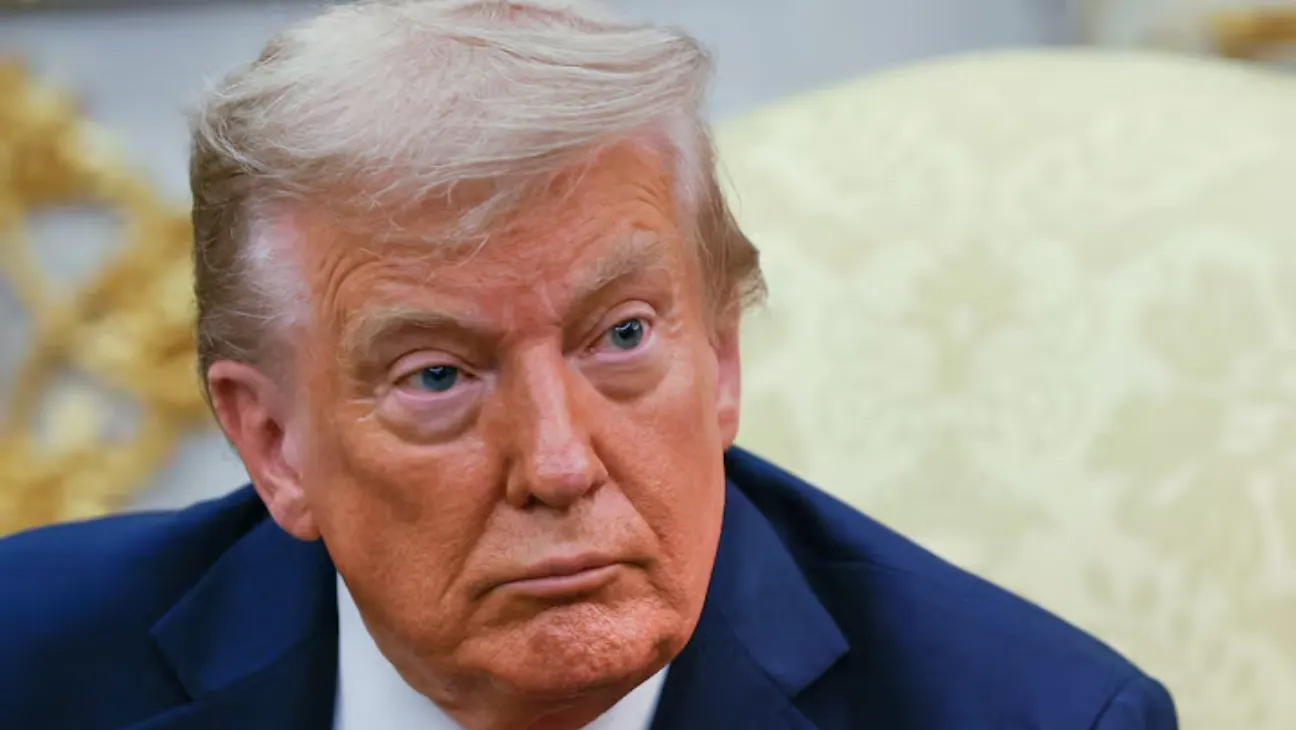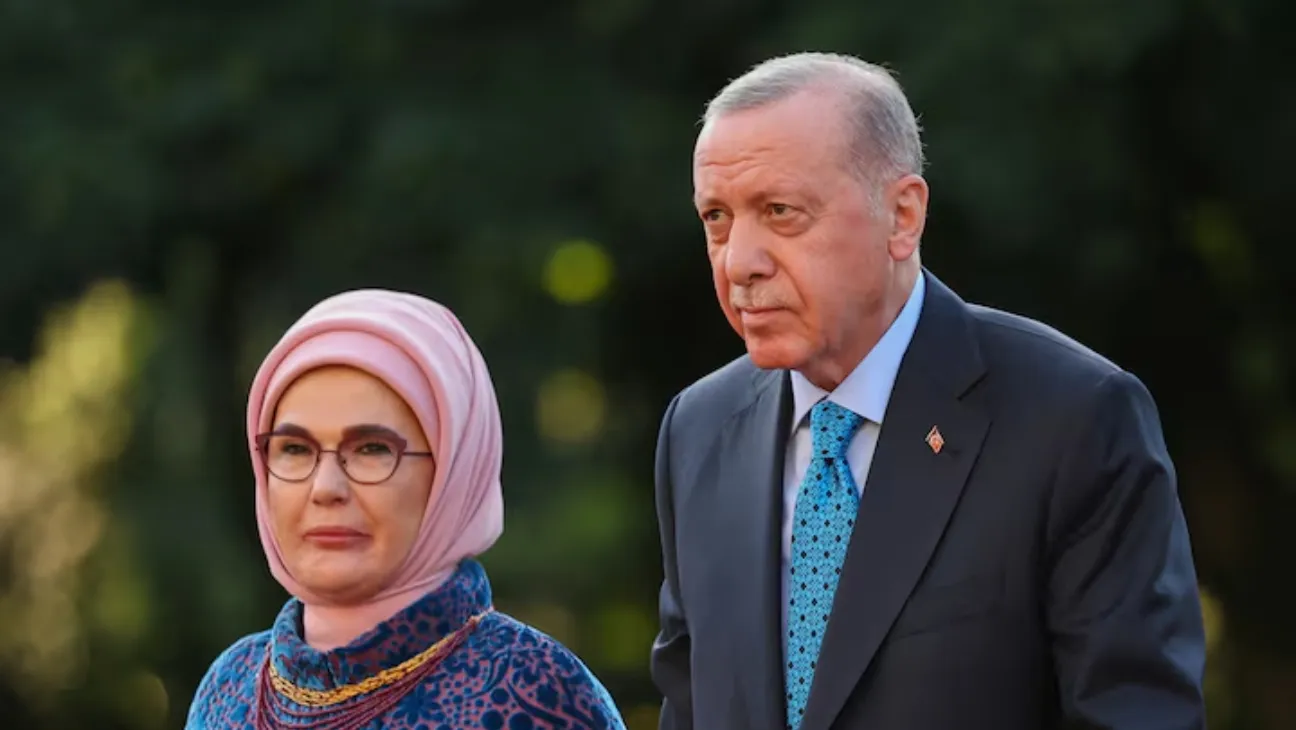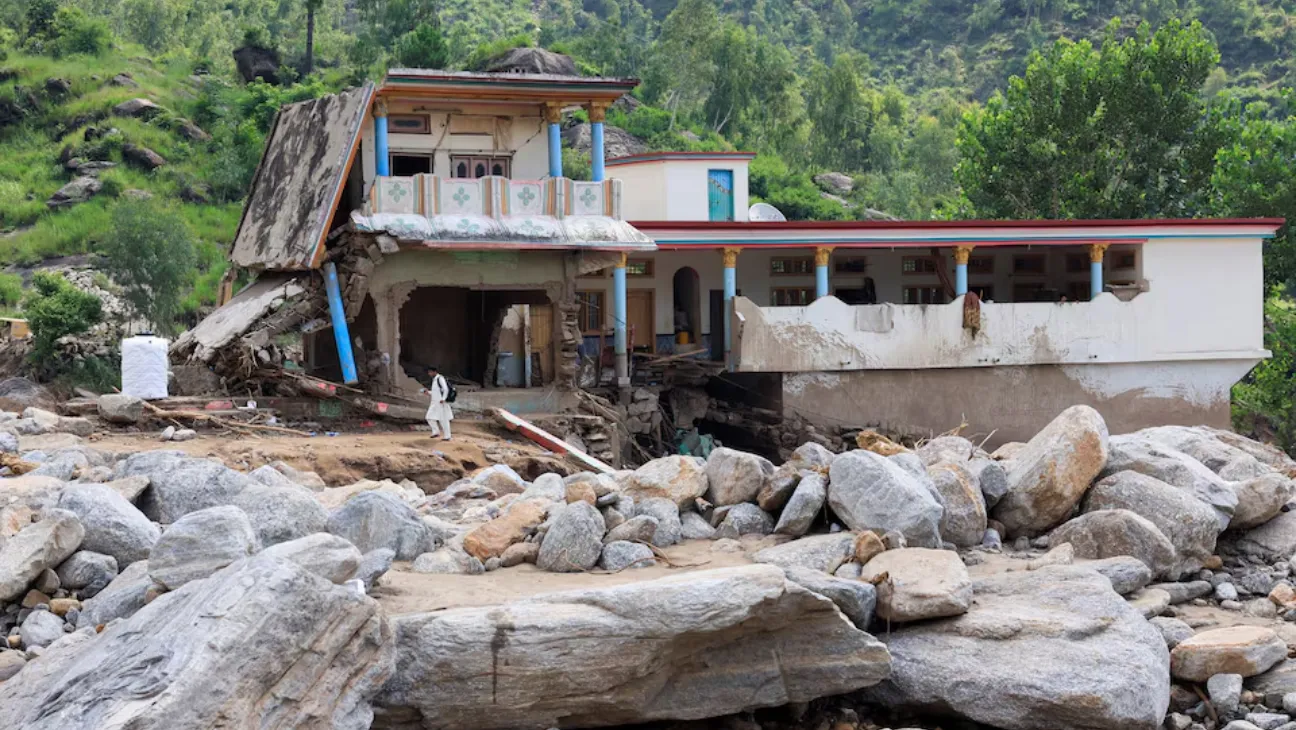Senior Trump administration officials told Congress this month that Israel agreed to match a $30 million U.S. contribution to the Gaza Humanitarian Foundation, according to two sources familiar with the matter. The previously undisclosed funding highlights Israel’s support for a private aid operation criticized by the United Nations and major aid groups.
The U.S. State Department had publicly announced its $30 million award to the foundation in June. Israel’s matching pledge, revealed in closed-door briefings to Senate and House committees on July 8 and 9, would fund the operation through the end of July, the sources said. They requested anonymity to discuss internal discussions.
The Gaza Humanitarian Foundation, or GHF, has been operating four distribution sites in southern Gaza using private U.S. military and logistics contractors. Aid groups and UN officials have called its model unsafe and ineffective, pointing to the risks of delivering food in an active war zone and to accusations of political bias. GHF rejects those claims.
Congressional Briefings and Funding Questions
Aryeh Lightstone and Charles Leith, aides to Trump’s Middle East envoy Steve Witkoff, delivered the briefings, outlining Israel’s pledge and future plans for the foundation. They said the goal is to double distribution sites to eight by August if additional donors join, according to the sources.
The State Department declined to confirm specific donors but said “tens of millions of dollars” have been pledged or disbursed to GHF. It emphasized that the U.S. contribution was only part of the administration’s overall Gaza relief efforts since January 2025.
President Donald Trump said Monday that $60 million had been sent for Gaza aid. A third source familiar with the matter suggested he likely combined U.S. and Israeli funds in that figure.
The Israeli government did not respond to requests for comment. Reuters could not verify whether Israel has already disbursed its share to GHF.
Also Read | Canada to Recognize Palestine at UN Amid Gaza Starvation and Global Pressure
Criticism and Humanitarian Tensions
Rev. Dr. Johnnie Moore, GHF’s executive chairman and a former evangelical adviser to Trump, defended the operation in a Wednesday appearance at the Hudson Institute. He said the foundation does not have to disclose donors but admitted the current funding is insufficient.
“The biggest problem is just we need more of it, and $30 million is not going to get it done,” Moore said.
GHF’s critics say its model breaches humanitarian neutrality and puts civilians at risk. The UN-led aid system has traditionally handled deliveries to Gaza but has been accused by Israel of allowing Hamas to divert aid. Hamas denies that charge.
A recent U.S. government analysis found no evidence of systematic theft of U.S.-funded aid by Hamas.
Hunger and Political Fallout
The hunger crisis in Gaza is turning deadly. Local health officials confirm that people are now starving to death, while harrowing images of emaciated children have triggered a global outcry.
A global hunger monitoring group warned this week that a worst-case famine scenario is developing, though Moore dismissed those warnings as exaggerated.
Trump has taken a different tone, acknowledging that “many people are starving” and pledging to open new food centers. The effort comes as Israel faces mounting pressure to allow more aid into Gaza while maintaining restrictions meant to prevent supplies from reaching militant groups.
Ever since the war started back on October 7—when Hamas fighters killed 1,200 people and kidnapped 251 more—the numbers out of Gaza have been staggering. The Health Ministry there says the death toll is over 60,000. For a while, Israel cut off everything going into Gaza before finally letting in some aid and agreeing to occasional pauses in the fighting this past May.
So now you have this huge debate about GHF’s role, and it really just shows the massive tug-of-war happening between politicians, security forces, and the aid workers trying to keep people alive as the conflict grinds on.









